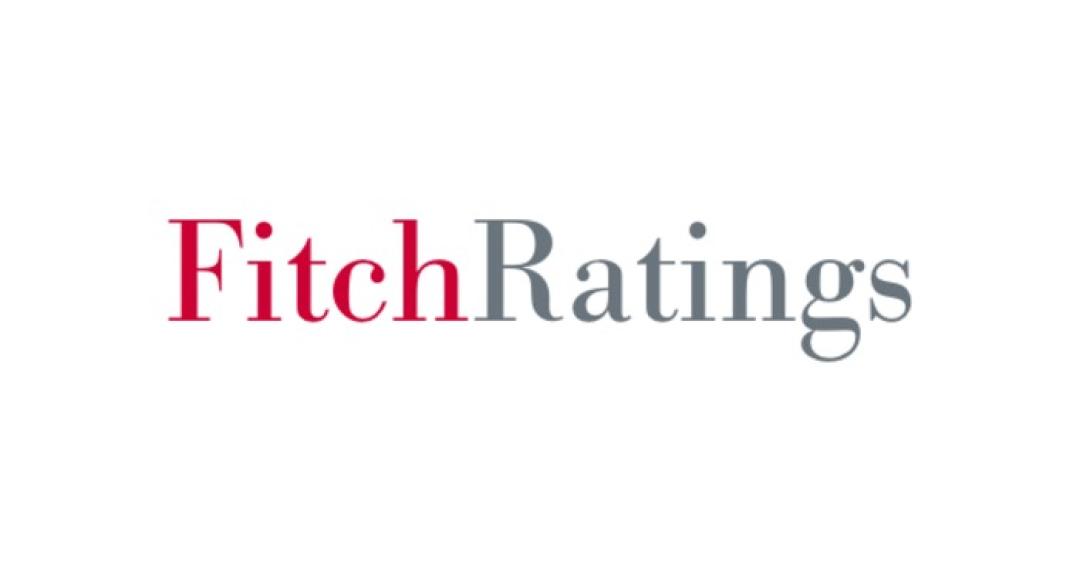
Fitch Raises Rating of SOCAR

On October 28, the State Oil Company of the Republic of Azerbaijan (SOCAR)'s issuer default rating (IDR) was confirmed at 'BB+' and a recovery rating of 'RR4' by the Fitch Ratings, which also revised the outlook from "Stable" to "Positive."
The rating action comes after Azerbaijan's sovereign rating outlook (BB+/Positive) was revised. SOCAR's creditworthiness was strengthened, which may improve its standalone credit profile (SCP). According to Fitch's rating standards for state-related firms, SOCAR, which the government owns 100 percent of, presently has a rating on par with Azerbaijan's (GRE). State backing in the form of financial guarantees, monetary contributions, and capital investments, as well as SOCAR's social activities and significance as a state instrument for developing oil and gas projects, all support the company's viewpoints.
Fitch experts cite the company's rising gas output as a factor for SOCAR's credit rating increase. The rating agency predicts that SOCAR's production will climb by 4% in 2022 and 5% in 2023, primarily due to an increase in the production of "blue fuel," and will stay constant afterward. The agency notes that the majority of Azerbaijan's oil and gas projects are carried out under production-sharing contracts, in which SOCAR holds a minority stake and also serves as the state's representative and takes part in the sale of its portion of the country's crude oil and natural gas (profit oil). Additionally, SOCAR invests in several other significant energy initiatives supported by the state, including the Southern Gas Corridor (SGC).
The state exercises significant control over SOCAR's profitability and balance sheet by regulating domestic fuel prices, cash injections, and other measures. Socar's high debt burden, although improving, is essentially a consequence of the company's close ties with the state. "We believe the government has incentives to maintain adequate funding for SOCAR," Fitch said in the filing. Under "favorable business profile," Fitch indicates that cash from operations (FFO) net leverage will decline from 2022, driven by gains from higher oil and gas prices. "Keeping FFO net leverage below 4.0x, coupled with satisfactory liquidity and improved financial transparency, could result in a positive revaluation of SOCAR's "self-reliant credit profile," it added.
Fitch recalled that SOCAR had transaction commitments regarding the alienation of certain assets to SGC (Supply Gas Co) and Goldman Sachs International (GSI) for a total of AZN 7 billion [EUR 4.1 billion] as debt obligations. This mainly referred to the sale of a 10% stake in Shah Deniz and the South Caucasus Pipeline Company to SGC and a 13% stake in SOCAR Turkey Enerji AS to GSI.
"According to the terms of the agreement between SGC and SOCAR, SGC paid advances to SOCAR, and control over assets is expected in 2023, subject to the conditions preceding the sale. At the same time, if something interferes with the deal and SOCAR is obliged to return advance payments, this will not significantly impact SOCAR's ability to reduce the share of borrowed funds," Fitch believes. The cash balance on SOCAR's accounts at the end of 2021 was 9 billion manats [EUR 5.3 billion], compared to 5.9 billion manats [EUR 3.5] of short-term debt. "We expect the company's earnings to increase in 2022 and 2023 on the back of rising oil and gas prices, which supports SOCAR's liquidity," Fitch notes.
According to the rating agency, the benchmark Brent (the price of exported Azerbaijani oil is also pegged to it) will average $100 per barrel in 2022, $85 per barrel in 2023, and $53 per barrel in 2024. At the same time, the USD/AZN exchange rate is stable at 1.7. Fitch notes that the company's total capex over 2022–25 is expected to be AZN 16 billion [EUR 9.5 billion], with annual dividend payments (starting in 2022) averaging AZN 0.6 billion [EUR 357 million] (through 2025). Fitch does not expect a short-term negative rating action on SOCAR. "The SOCAR's credit rating can be revised only if the FFO net leverage increases by more than six times over a long period, provided that the sovereign rating does not change," the experts of the rating agency point out. The rating may be affected by the fall in energy prices, but only if this affects the reduction of the country's external reserves. However, Fitch is confident that Azerbaijan has a robust medium-term fiscal strategy, which is positive, coupled with continued high energy prices (which would also strengthen the balance of payments).
Read also:
See Also


Mirzoyan Meets US Deputy Assistant Secretary Joshua Huck

Azerbaijani President Holds Talks with UAE and German Business Delegations on Economic Cooperation

Grigoryan Confirms Armenia’s Readiness to Dissolve OSCE Minsk Group Upon Peace Treaty Signing

Azerbaijani Official Warns of Ecological Risks to Caspian Sea, Similar to Lake Urmia and Aral Sea

